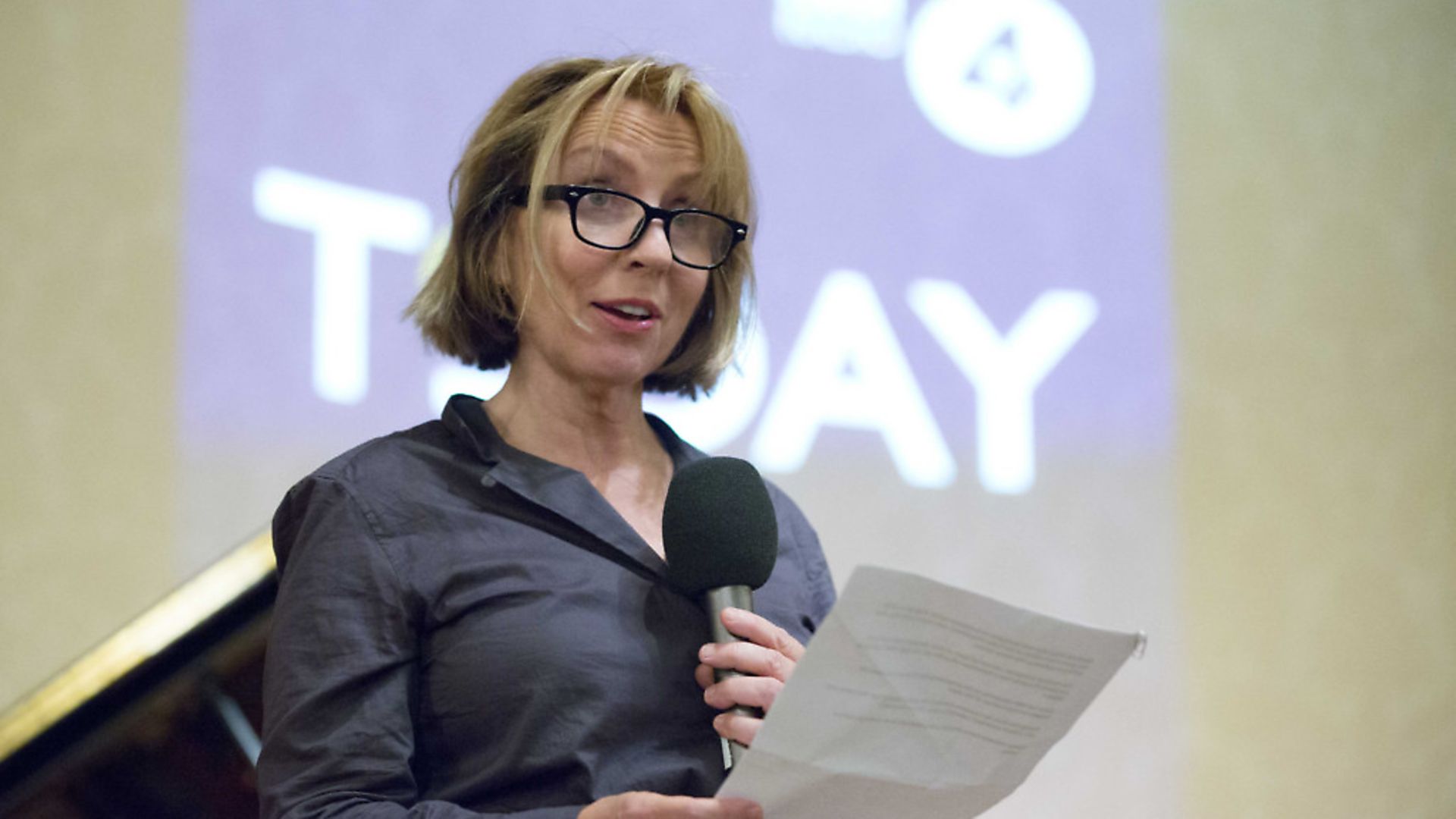
Mandrake discusses Telegraph star recanting Brexit heresy after falling from grace at the struggling newspaper.
The veteran EU researcher Dr Richard North – who wrote a series of influential eurosceptic books with his friend the Sunday Telegraph columnist Christopher Booker – admitted in a blog last week how he had given up reading newspapers because most of them demonstrated ‘an almost total inability to report Brexit coherently’.
He singled out the circulation falls of the Daily Telegraph – down nearly a fifth, year-on-year – and its sister title ‘crawling in under the wire with an average sale of 298,720, down nearly 18%’ – as evidence that he is not alone in his sense of disillusionment.
Mandrake imagines Dr North may well have been especially angry that last summer the Sunday Telegraph decided to relegate the column Booker had written for the paper’s main section for 27 years to a much smaller slot in an obscure supplement. There were rumours Booker’s pay had been cut, and, an even worse indignity, the arch-Brexiteer Daniel Hannan was given his old perch.
Booker was the first journalist to write about why he believed Britain should leave the EU – which made him a hero of Sir David Barclay, when he and his brother Sir Frederick first took over the Telegraph titles – but his fall from grace with the management began during the EU referendum campaign.
‘Christopher could see during the campaign that the politicians who proposed to take us out of the EU – some of whom he knew – hadn’t a clue how to go about it and he wasn’t afraid to say that in his columns,’ whispers my nark in the newsroom. ‘The feeling was it would be too awkward to sack such a big name, so at first we tried to persuade him to give up writing about politics and try doing a countryside column. That didn’t work so we just pushed him as far out of sight as possible. The editor couldn’t face doing it himself, so it was all done by minions.’
Booker declines to comment. ‘I’ve been on the Sunday Telegraph since the first issue so I feel I have to be loyal,’ he says. Happily, he may well have a few more things to say about Brexit in a book he’s now working on: it’s about groupthink.
Midas touch
George Osborne had, as Chancellor of the Exchequer, sought to tackle the compensation culture that was starting to build up as more and more ‘no win-no fee’ legal companies set up shop.
Along with so many other reforms, Brexit has pushed this down the political agenda which is good news for Arron Banks’ brother Jonathan. He set up such an outfit called Lysander Law not long after the referendum, in August 2016. Sadly, profits are proving to be elusive as he has just had to post a trading loss of £449,000 in his inaugural figures. Arron has made him a loan of £566,000 from his Eldon Insurance Services business. Jonathan might take some consolation in the fact that Arron’s Bristol outfit Parson’s Jewellers has also still to come anywhere near to breaking even.
What a banker
In their latest annual report, the Europe Arab Bank says they’ve drawn up contingency plans for a hard Brexit with control of their 27 EU branches being switched from their London headquarters to a newly-established EU subsidiary which will have the necessary EU passporting rights. Accordingly, the bank anticipates ‘limited impact on its operations.’ I trust that such a move will mean we will see the back of Sir Edward Leigh, the Tory Brextremist, who draws a salary of £74,000 a year on top of his parliamentary one as a non-executive director of the EAB.
Bailing out
Mandrake doesn’t merely report the news, but also, from time to time, makes it. The i newspaper thought it a story that more than 10,000 people had either retweeted or favoured a tweet of mine expressing concern about John Humphrys’ ability to report impartially on Brexit for the Today programme.
‘The BBC continues to report Brexit impartially and features a wide range of different perspectives across our news coverage,’ a BBC spokesman told i, presumably with a straight face.
‘John and all of our journalists report independently and without fear or favour.’
Figures out last week, meanwhile, showed Today has shed 65,000 listeners over the past year, with its weekly reach for the first quarter falling to just under 7.07 million. Sarah Sands – the programme’s editor, appointed a year ago – has managed to exceed her record as editor of the Sunday Telegraph, where, during an innings that lasted just nine months, she saw 30,000 readers bail out.









